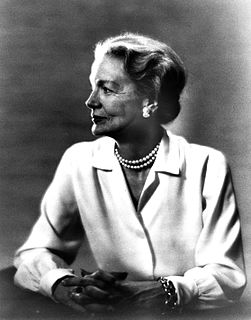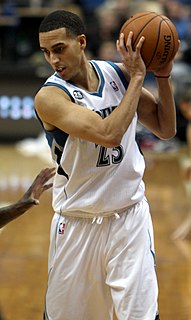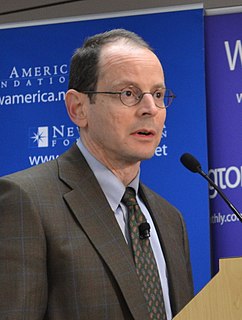A Quote by Barack Obama
I can think about what [Mahatma] Gandhi said or [Martin Luther] King said about violence begetting violence, and still be true to my job by asking myself the question whenever we're confronted with a situation where some may be arguing for military action: Will this actually result in America being safer, or the most lives being saved?
Related Quotes
I remember back in the 1960s - late '50s, really - reading a comic book called 'Martin Luther King Jr. and the Montgomery Story.' Fourteen pages. It sold for 10 cents. And this little book inspired me to attend non-violence workshops, to study about Gandhi, about Thoreau, to study Martin Luther King, Jr., to study civil disobedience.
Rather take that moral sense and apply it to the particulars of a job that is going to test those ethical and moral precepts differently than if you're a professor, or a business person, or a dad. And if I were not comfortable with the judicious use of our military to protect the American people, than I shouldn't have run for president. And having said that, I do think that the wisdom of a [Martin Luther] King or a [Mahatma] Gandhi can inform my decisions.
Most people would say "Ah, Mahatma Gandhi, what a wonderful man, Mother Teresa, maybe Martin Luther King Jr., Nelson Mandela, Dalai Lama." And when you look at those people it's not the macho, aggressive, successful people, we may envy them, their bank balances and kind of thing, yes and for being successful. But we do not revere them.
I know my dear brother, President [Barack] Obama, has a bust of Martin King right there in the Oval Office, but the question is are is he going to be true to who that Martin Luther King, Jr., actually is? King was concerned about what? The poor. He was concerned about working people. He was concerned about quality jobs. He was concerned about quality housing. He was concerned about precious babies in Vietnam, the way we ought to be concerned about precious babies in Afghanistan and precious babies in Tel Aviv and precious babies in Gaza.
Every now and then I think about my own death, and I think about my own funeral. [...] Every now and then I ask myself, 'What is it that I would want said?' I'd like somebody to mention that day, that Martin Luther King, Jr., tried to give his life serving others. I'd like for somebody to say that day, that Martin Luther King, Jr., tried to love somebody.
Non-violence is very weak in the theoretical sense; it cannot defend itself. But it is most powerful in the action situation where people are using non-violence because they want desperately to bring about some change. Non-violence in action is a very potent force and it can't be stopped. The people who are struggling have the complete say-so. No man-made law, no human ruler, no army can destroy this. There is no way it can be destroyed... And so, if we have the capacity to endure, if we have the patience, things will change.
I still hear people say that I should not be talking about the rights of lesbian and gay people and I should stick to the issue of racial justice. But I hasten to remind them that Martin Luther King Jr. said, 'Injustice anywhere is a threat to justice everywhere.' I appeal to everyone who believes in Martin Luther King Jr.'s dream to make room at the table of brother- and sisterhood for lesbian and gay people.
It is no solution to define words as violence or prejudice as oppression, and then by cracking down on words or thoughts pretend that we are doing something about violence and oppression. No doubt it is easier to pass a speech code or hate-crimes law and proclaim the streets safer than actually to make the streets safer, but the one must never be confused with the other... Indeed, equating "verbal violence" with physical violence is a treacherous, mischievous business.
My approach to violence is that if it's pertinent, if that's the kind of movie you're making, then it has a purposeI think there's a natural system in your own head about how much violence the scene warrants. It's not an intellectual process, it's an instinctive process. I like to think it's not violence for the sake of violence and in this particular film, it's actually violence for the annihilation of violence.

































